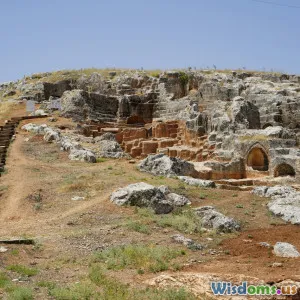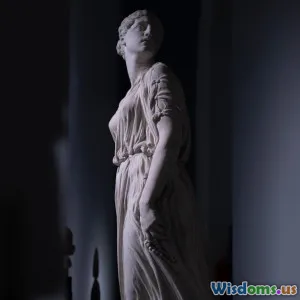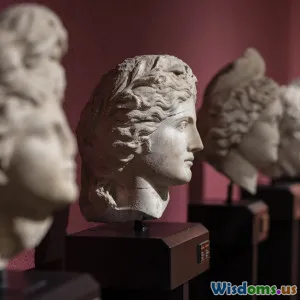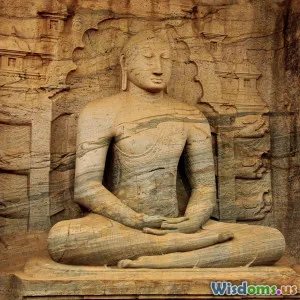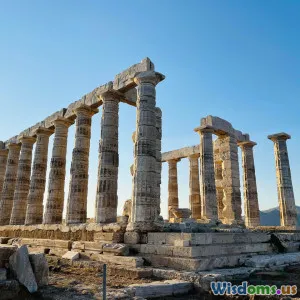
Common Misconceptions About Zeus Debunked
15 min read Explore and clarify widespread myths about Zeus, the king of Greek gods, with historical and mythological evidence. (0 Reviews)
Common Misconceptions About Zeus Debunked
The thunder-cracking king of the Greek gods, Zeus, looms large over mythology. Hundreds of stories, from enthralling classics to modern retellings, circulate about his exploits, powers, and personality. But what if some of the most popular tales are actually not entirely true? Over thousands of years, misinterpretations, cultural reinterpretations, and even translation errors have shaped an image of Zeus that isn't always faithful to the ancient sources. Let’s sort the facts from fiction and rediscover Zeus through the lens of authentic Greek myth, literature, and scholarship.
Zeus—A Relentlessly Vengeful Tyrant?
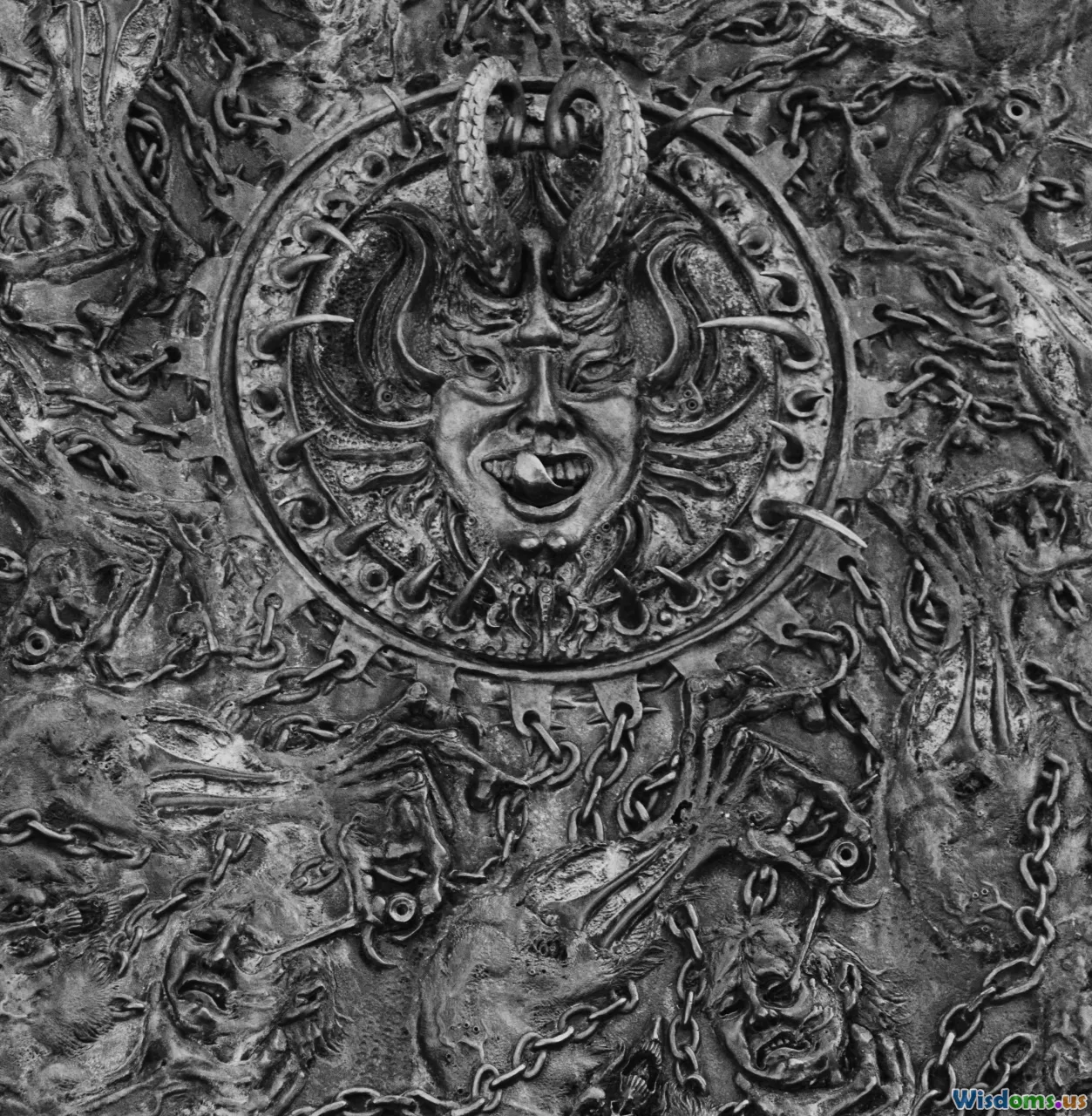
Zeus is often painted as a tyrannical god whose anger rains indiscriminate punishment on humans and gods alike. Pop culture and even some classical sources fuel the perception of Zeus as capricious and quick-tempered, leveling whole cities with his thunderbolts at the slightest disobedience.
Breaking Down the Myth
While Zeus certainly wielded considerable power and could be vengeful, the majority of myths show a god striving for cosmic order and justice. He punished hubris—arrogance before the gods—and acts that unraveled the fabric of the cosmos. For example, Zeus' punishment of Prometheus was not just punitive; Prometheus broke the divine order by giving fire to humanity against Zeus’ warning. In the Greek worldview, gods upheld an essential balance, and Zeus, as the enforcer, was a protector rather than a mere tyrant.
Contrast Zeus’s actions with other deities: unlike Hera’s vengeful meddling or Artemis’ sudden wrath, Zeus intervened with grand, often necessary, repercussions rather than out of mere spite. In the Iliad, Homer shows Zeus weighing human fates as rational, almost reluctant, decisions.
The Monogamous Zeus? Rethinking His Relationships
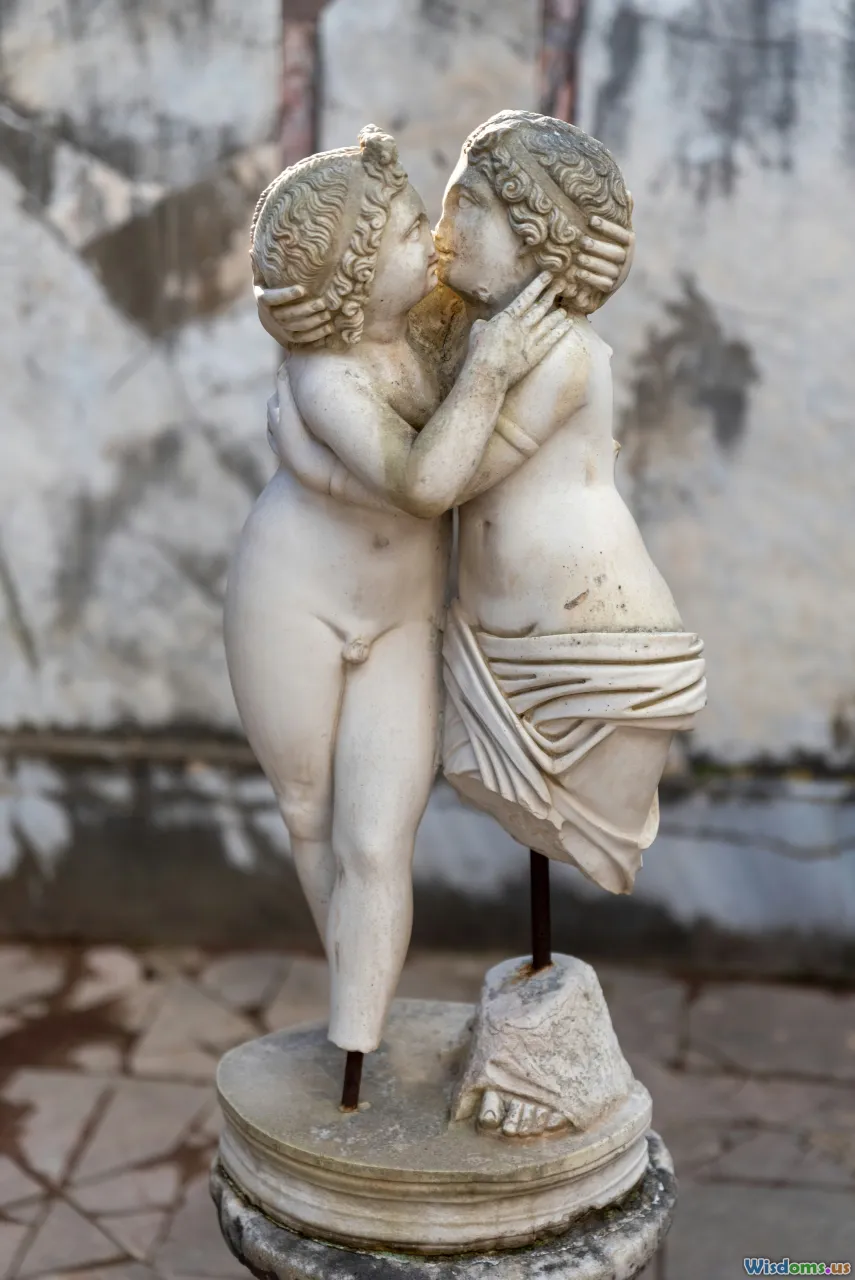
Perhaps the most famous stereotype is Zeus’s relentless infidelity—ancient literature seems filled with his romantic (and often problematic) liaisons, from disguised affairs on earth to complex relationships in Olympus. Yet, there is still a misconception in either direction, with some assuming Zeus was monogamous, while others think he was solely defined by his affairs.
A Complex Marital Arrangement
In reality, his relationship with Hera, goddess of marriage, was fraught but also incredibly significant for the Greeks. Hera and Zeus represented the divine model of partnership—its difficulties and commitments included. Many artistic depictions and hymns honor their unity and the sacred bond of marriage, despite the frequent tales of Zeus's unfaithfulness.
It’s also true, however, that many regional myths tied Zeus to different figures to legitimate local cult practices. Goddesses like Demeter, Europa, and Leda were linked to Zeus not just for romance, but as part of how communities explained their origins and their bond to the divine. As historian Walter Burkert notes, 'many love tales explain the relationship between Zeus and regions, symbolized through female personifications.'
More broadly, Zeus's affairs often serve as narrative shortcuts for divine ancestry—many heroes claim Zeus as a father to account for their exceptional gifts. These stories reflect the practical theology and politics of the period more than they do historical divine behavior.
Zeus—Always an All-Powerful, Immutable Supreme Being?
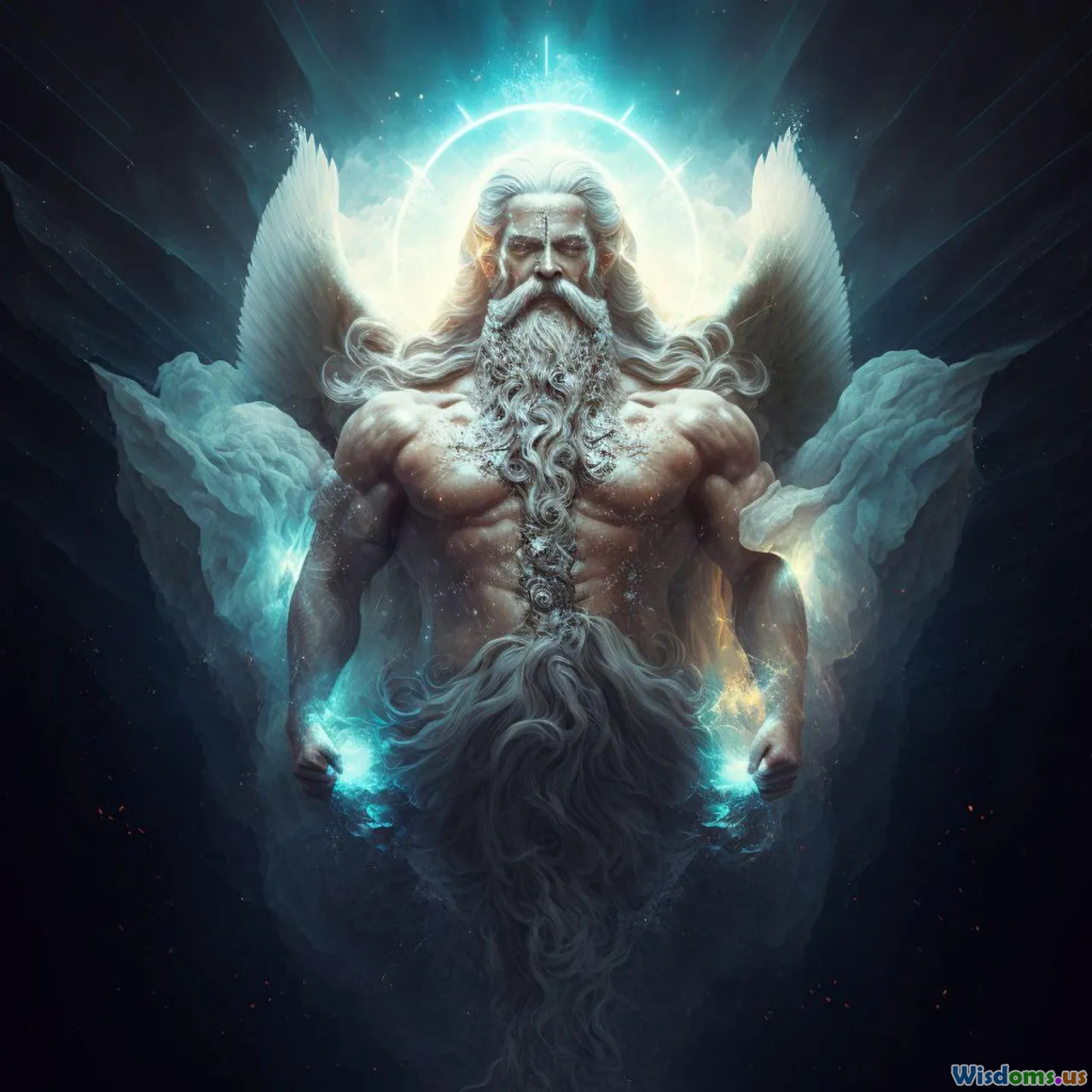
It is tempting to see Zeus as the Greek Jehovah: omnipotent, perfect, and eternal. However, this image is a projection shaped by the later spread of monotheistic religions, like Christianity.
Divine But Not Omnipotent
Original Greek myths show us a god with power, but also with constraints. Zeus is, according to Homer, "strongest among gods and men," yet not infallible nor immune to the fates (Moirai). Several stories—like that of Sarpedon's death in the Iliad—depict Zeus moved by love and sorrow, but subject to the unchangeable force of destiny. His children, with rare exceptions, must meet their fated ends, and even Zeus cannot avert this.
Zeus needs counsel. In the Iliad and the Odyssey, he holds meetings with other gods, where debate, persuasion, and even rivalry affect outcomes. He can be manipulated, as seen in how Hera and Poseidon sometimes trick him. By Hellenistic times, angular shades of divine power and purpose had already reshaped concepts of the chief god, but earlier sources are clear: Zeus was mighty but not all-powerful.
The Zeus of Thunder—Is That All?

Bolts clutched in hand, clouds swirling, Zeus’s image as the god of storms obscures his broader anthology. Television, films, and even education often reduce him to a supernatural storm-bringer.
Multifaceted God of Sky and More
While Zeus’s primary title is 'Zeus Olympios—the Olympian sky lord,' ancient worship embraced other aspects:
- Zeus Xenios: Protector of guests and hospitality, upholding the value of xenia, or guest-friendship, crucial in Greek society. The Odyssey, for instance, leverages Zeus Xenios as a reminder that both hosts and guests must act morally.
- Zeus Horkios: Guardian of oaths, invoked at legal proceedings and covenants, highlighting his function as a god of morality, justice, and societal bonds.
- Zeus Ktesios: Protector of family and the household, invoked at family shrines and in domestic contexts.
Temples and festivals dedicated to these epithets underscore how the Greeks saw Zeus not just as a storm-god, but as critical to order, law, hospitality, and civic harmony.
Zeus as Sole Creator? The Myth of Divine Singularity
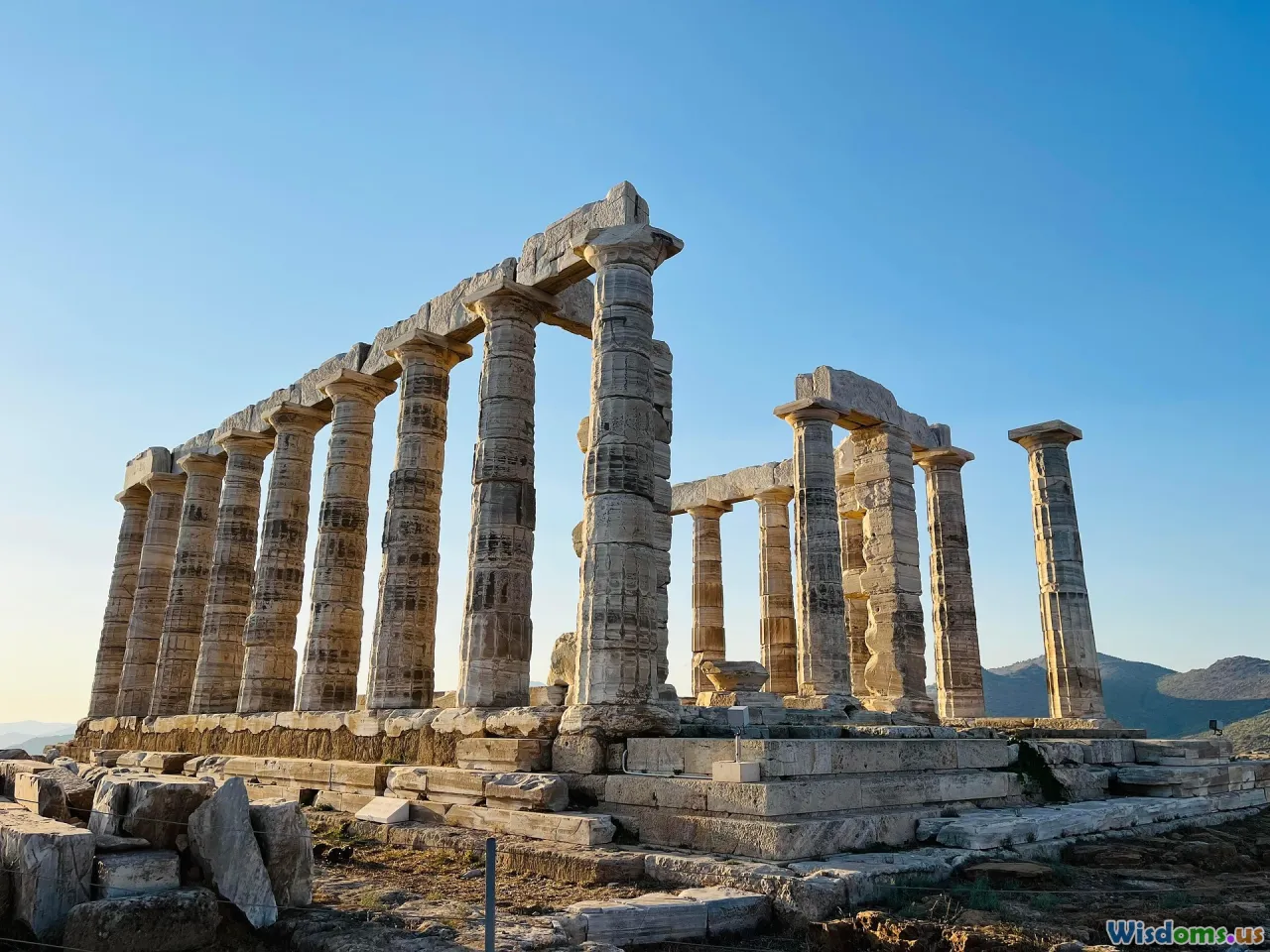
A frequent misconception is that Zeus created the universe or ruled alone from the start. This narrative draws on later religious concepts but profoundly misrepresents Greek cosmology.
A God Amidst Many Powers
In Hesiod’s Theogony, Zeus rises after the overthrow of his own father, Cronus, during a generational struggle for power after primordial chaos. The cosmos was populated by:
- The Titans (Cronus, Rhea, etc.),
- The primordial divinities (Chaos, Gaia, Tartarus),
- Other gods, monsters, and fate.
Zeus establishes rule, not creation; he distributes realms with his brothers—Poseidon gets the sea, Hades the underworld. Zeus’s power comes by consensus and victory, with support from other deities. Greek myths consistently stress the shared and divided power rather than any one god’s total dominance. In fact, the Greeks found the notion of a singular omnipotent god alien; only later, with the influence of philosophy and imported religions, does a more unified divine image emerge.
Zeus and Morality—An Ethical Archetype?
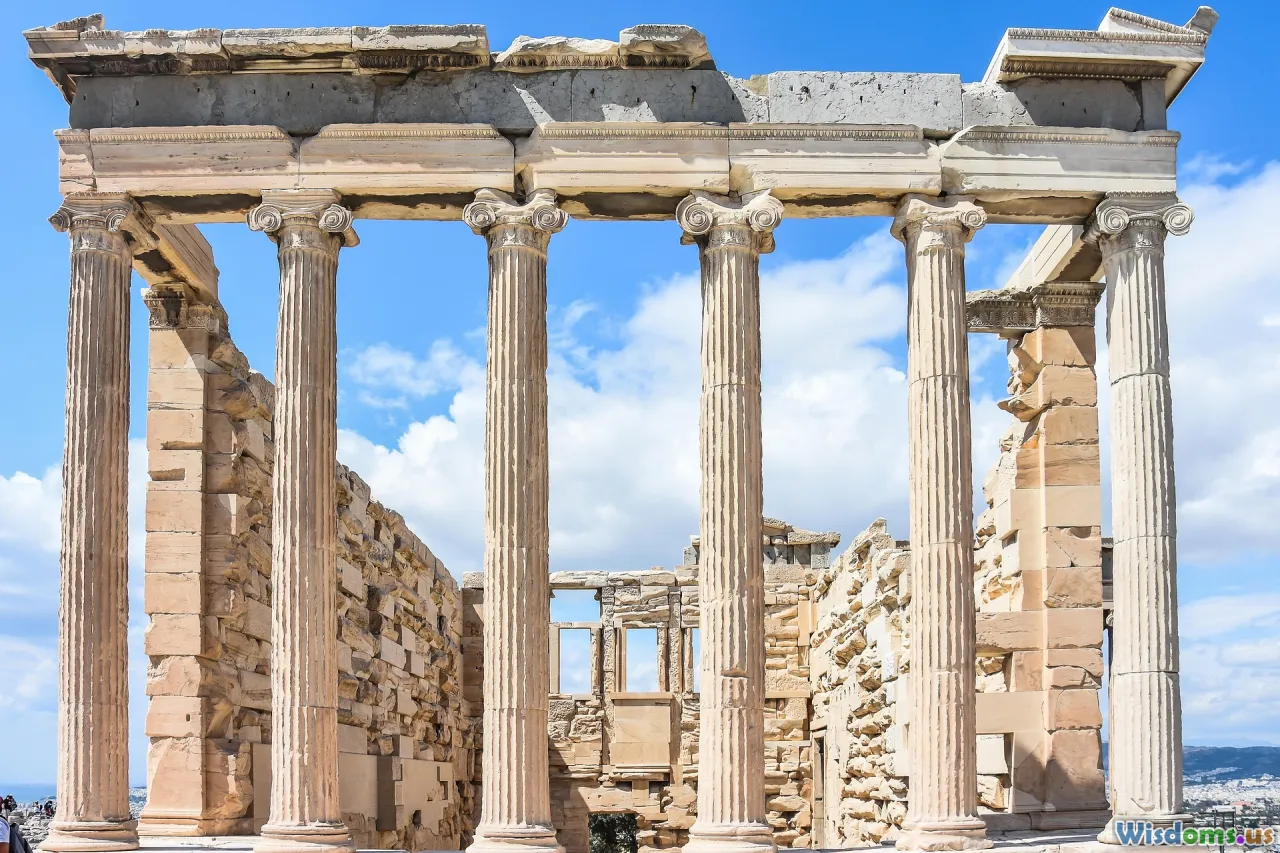
A common error is to depict Zeus as a medieval divine judge, serving as the ultimate moral authority or enforcing a universal code. The reality is more nuanced, revealing shifts over time and place.
Lawgiver, Arbiter, but Not Absolute Judge
Zeus is central to judicial integrity—oaths (horkos) and contracts are made in his name, and many Greek city-states erected statues of Zeus Horkios in courtrooms. However, morality in ancient Greece was much more relative and local—upholding customs (nomos), guest-rights, and respect for the gods. Epic tales often show Zeus correcting unwise excess rather than enacting a fixed moral law. Rulers and mortals were encouraged to honor divine traditions and balance, not simply obey preset, absolute ethical commands.
Moreover, Zeus often delegates justice. For instance, in the myth of Orestes, Zeus does not punish Orestes for matricide; his case is arbitrated by a jury of citizens (Areopagus) at Athena’s instruction—a sign that mortals held critical responsibility for their own justice systems.
The Humanization of Zeus in Literature and Art
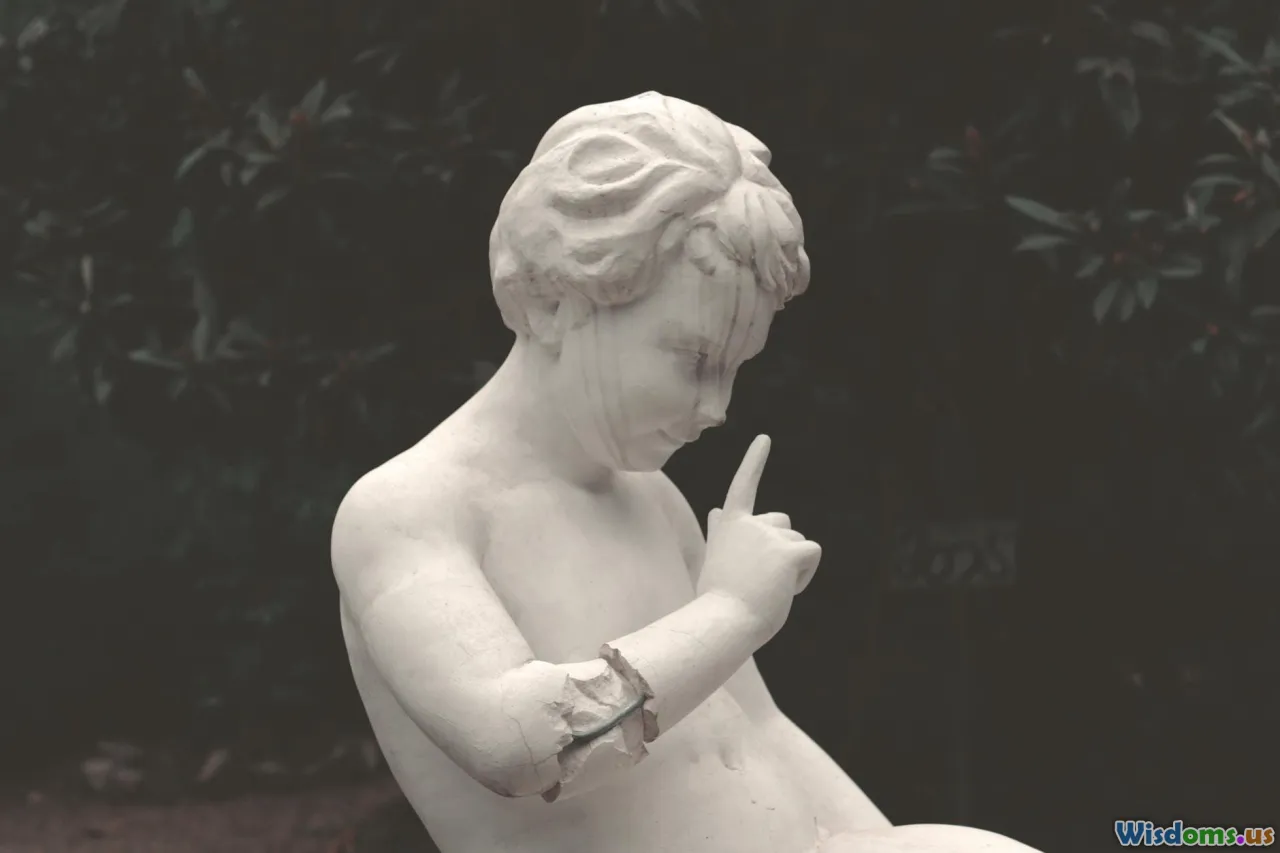
Modern portrayals often take liberties, turning Zeus into a two-dimensional villain or comic relief. Yet, ancient artists and playwrights presented him with striking subtlety.
God with Human Virtues and Flaws
Zeus’s emotional range—love, jealousy, anger, even laughter (see: the famous giggle at Hephaestus’s limping at Olympus banquets)—was depicted by sculptors, poets, and dramatists to create a relatable 'father of gods and men.'
Aeschylus, in his tragic plays, explores Zeus’s wisdom and the limits of power. Hesiod’s works are filled with moments of struggle and indecision. Even on pottery, Zeus is shown both thunderous and paternal, as in scenes with Athena's birth—a rare moment of awe and joy, depicted frequently in black-figure pottery from Athens.
This humanization points to a Greek worldview grounded in the complex overlap between gods and humanity. They saw their gods as magnified images of themselves, capable of making mistakes, learning, and evolving—a far cry from the flawless, static deities of some later faiths.
Zeus in the Modern World: Popular Media, Scholarship, and Cultural Shifts
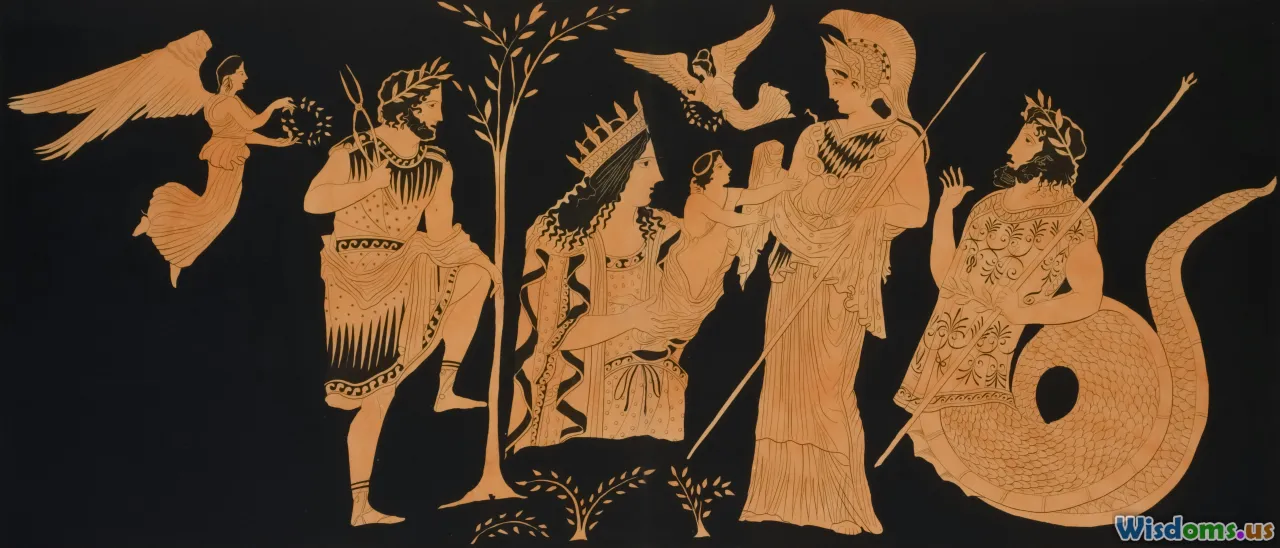
Popular films and comic books, such as Clash of the Titans or the Percy Jackson series, recast Zeus into digestible archetypes: villain, wise patriarch, or bombastic hero. These diverge markedly from mythology and the rich tapestry of Greek ritual and belief.
How to Engage More Fully With the Real Zeus
- Compare Ancient Texts: Read translations of Homer, Hesiod, and the Greek tragedians. Noticing where stories overlap or diverge dispels the myth of one "canonical" Zeus.
- Look for Local Perspective: Myths varied by region. Click through the epic cycles of Thebes, Delphi, and Crete for unique interpretations of Zeus.
- Consider Art and Rituals: From Olympic Games dedications to local spring festivals, public displays deepened the god’s human connections beyond literature.
- Learn From Archaeology: Inscriptions, temple ruins, and cult artifacts show the diversity and evolution of Zeus worship stretching from Mycenaean shrines to Hellenistic multi-theistic cities.
By looking beyond Hollywood and even selective classical tale collections, we recover a far richer, multilayered vision of the reigning Olympian.
Zeus’s reputation, caught between the storm clouds of misunderstanding and the lightning-flash of real myth, reflects more on us than on Olympia’s greatest god. When we move past surface stories and pursue the full spectrum of ancient sources, the real Zeus emerges: a god of paradox and nuance, complexity and constant reinvention. The journey toward understanding him mirrors the odysseys faced by mortals and immortals alike—complex, fascinating, and never fully complete.
Rate the Post
User Reviews
Popular Posts










